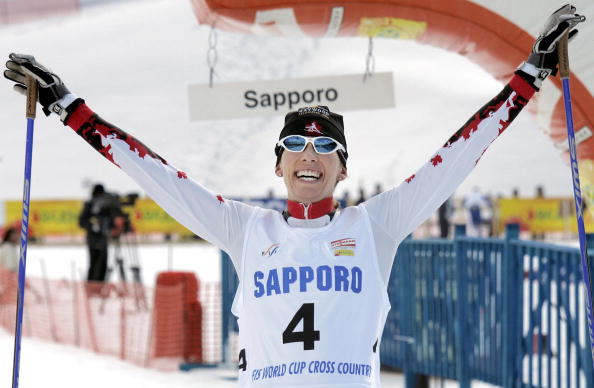
Olympian Beckie Scott to give keynote address at the 2019 Sport for Life Canadian Summit
There is no denying the lasting, positive effects sport and play can have on a person’s life. But what are the factors that encourage sport and play? What are the barriers that prevent it? These are key concepts that will be explored at the 2019 Sport for Life Canadian Summit, held in Gatineau, QC…
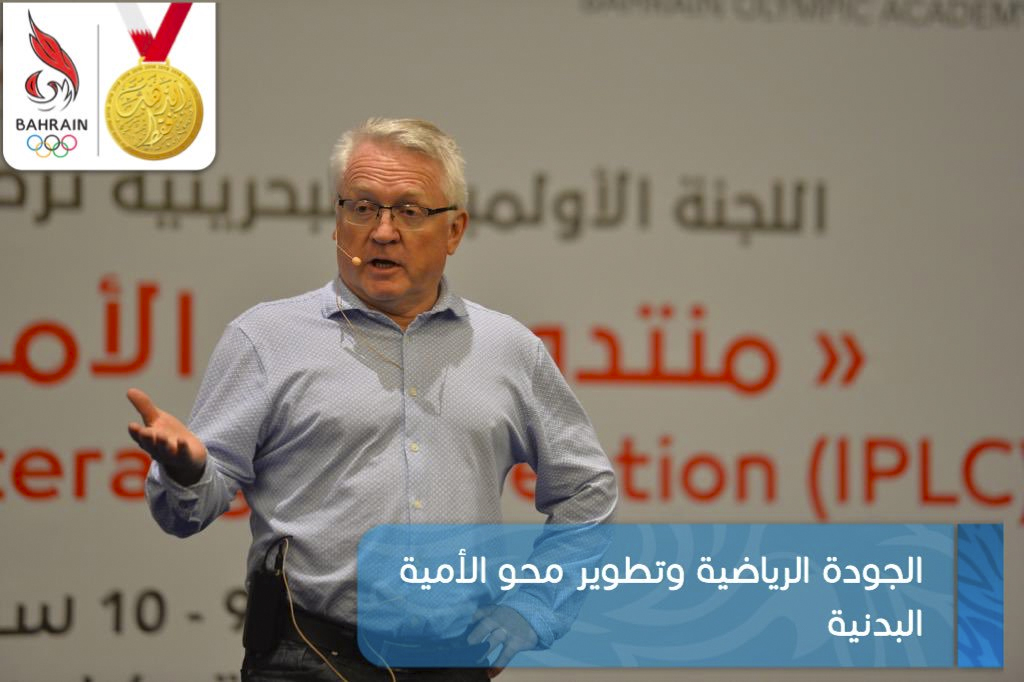
The Global Sport for Life Movement
For many years the Sport for Life Society has been working with international partners to advance the concepts of Long-Term Athlete Development, quality sport, and physical literacy around the globe. Recently, Richard Way, Sport for Life CEO, and Tom Jones, Sport for Life Director of International and…
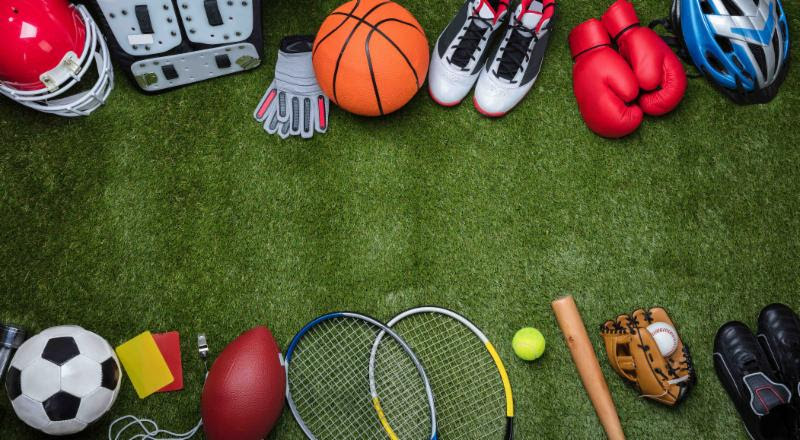
Webinar: Making Multisport Work
Making Multisport Work
Recently the concept of multisport participation has gotten some exciting media attention with leadership from our friends at Active for Life and great examples from Canadian sport organizations. There are lots of research studies backing up the concept, and multisport is built…
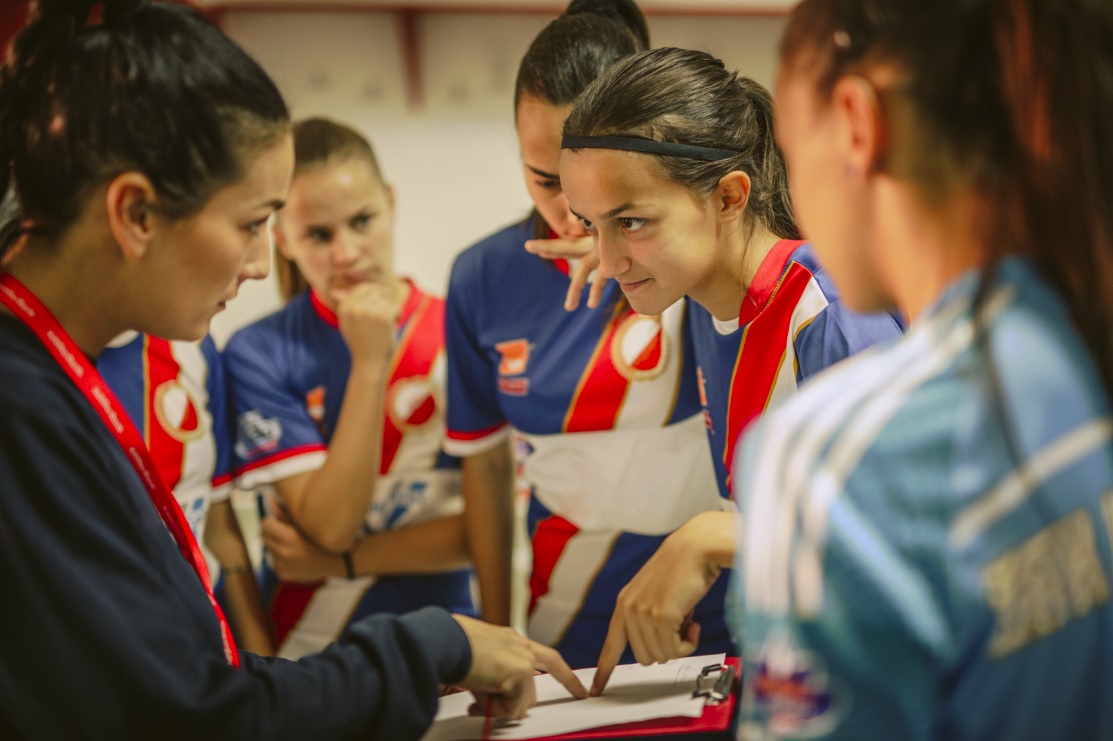
Webinar: Supporting Positive Sport Parenting: for Coaches, Clubs and Parents
Supporting Positive Sport Parenting: for Coaches, Clubs and Parents
Sport parents often get a bad rap, but they play a very important role in community sport. They provide emotional support as children learn to win and lose, they model behaviour for their kids and other parents, and they help young…

Building Resilience in Your Athlete: An Introductory Webinar
Building Resilience in Your Athlete: An Introductory Webinar
What do LeBron James, Misty May-Treanor and the Seattle Seahawks have in common? They all practice mindfulness, to improve their game and their personal resilience. Whether you’re an athlete, coach or sport leader, your ability to take stress…
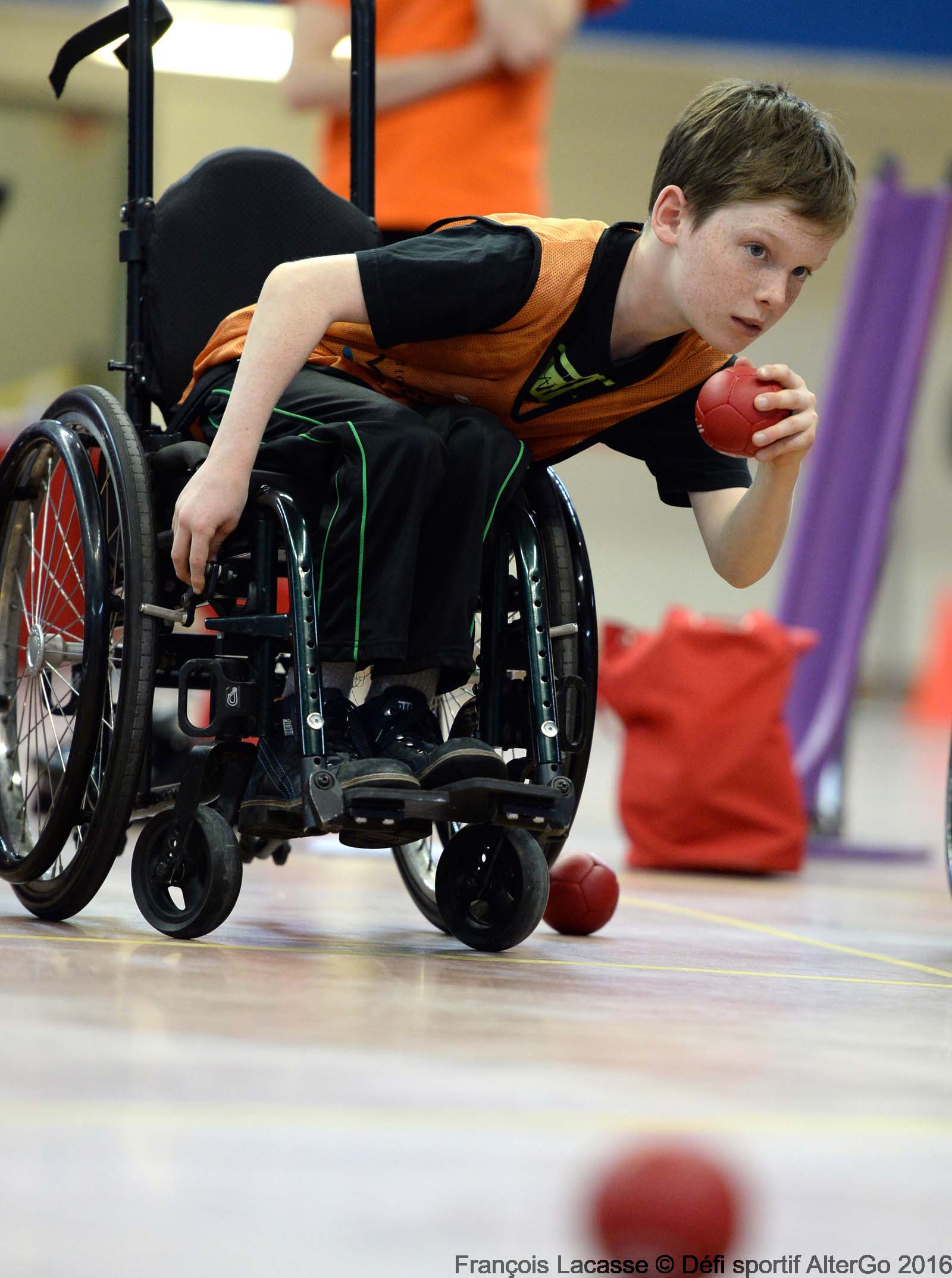
Protected: Beckie Scott will deliver a keynote address at 2019 Sport for Life Canadian Summit
Beckie Scott retired in 2006 as Canada’s most decorated cross-country ski racer in the history of the sport. A 3- time Olympian, Scott won gold in Salt Lake City in 2002, becoming the first Canadian (and first North American woman) to win an Olympic medal in cross-country skiing. She followed that…

A Workshop Toward Truth and Understanding
The complete history of the land known as Canada is rarely told. Most Canadians never learn the history of the First Nations, Métis, and Inuit, peoples from an Indigenous perspective, which is why the KAIROS Blanket ExerciseTM is so important. The Blanket Exercise consists of trained facilitators leading…
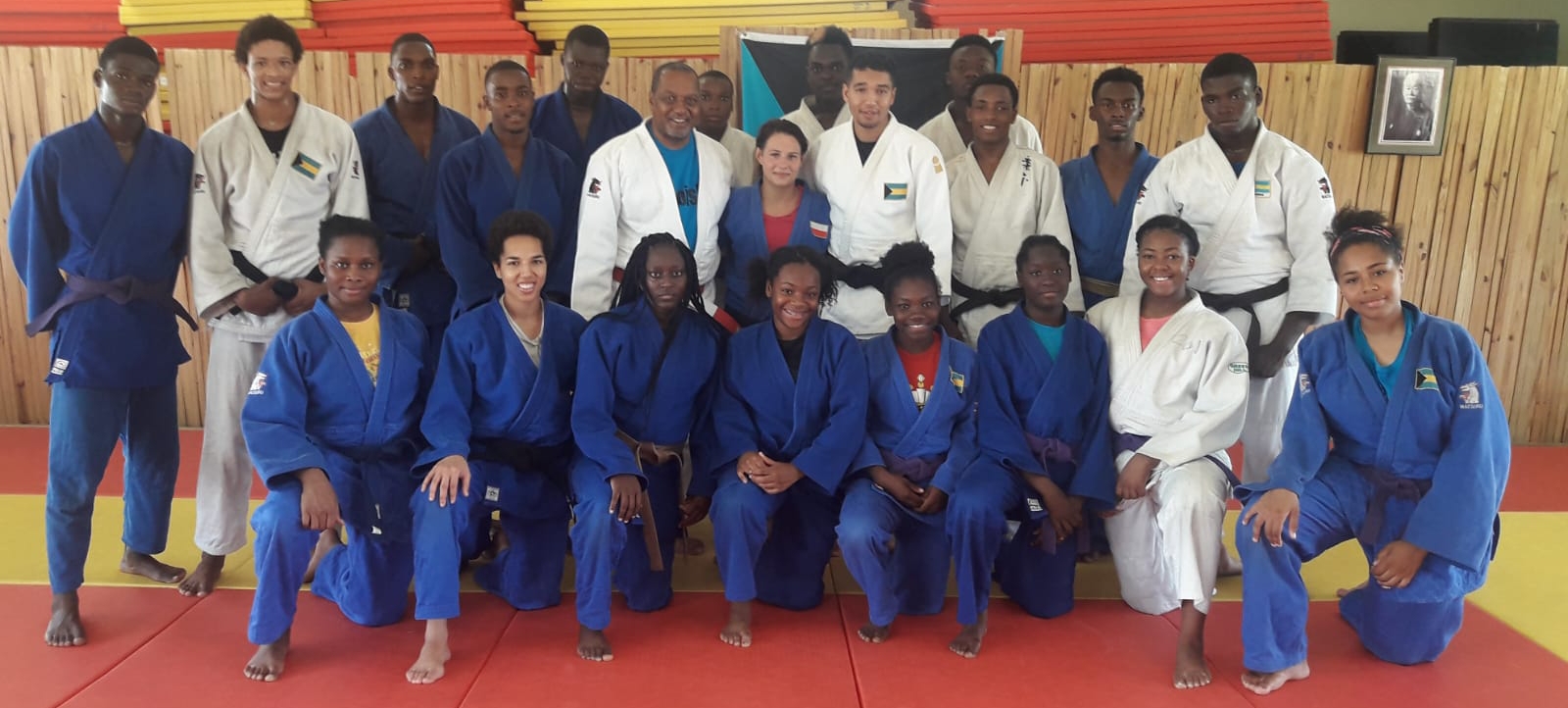
The Impact of Quality Sport Programming in Bahamian Judo
Sport for Life, the global leader in the development of quality sport and physical literacy, aims to learn from and contribute to sport and physical activity programs around the world. Over the last four years, Sport for Life has worked with many sport organization across seven Caribbean nations. In…
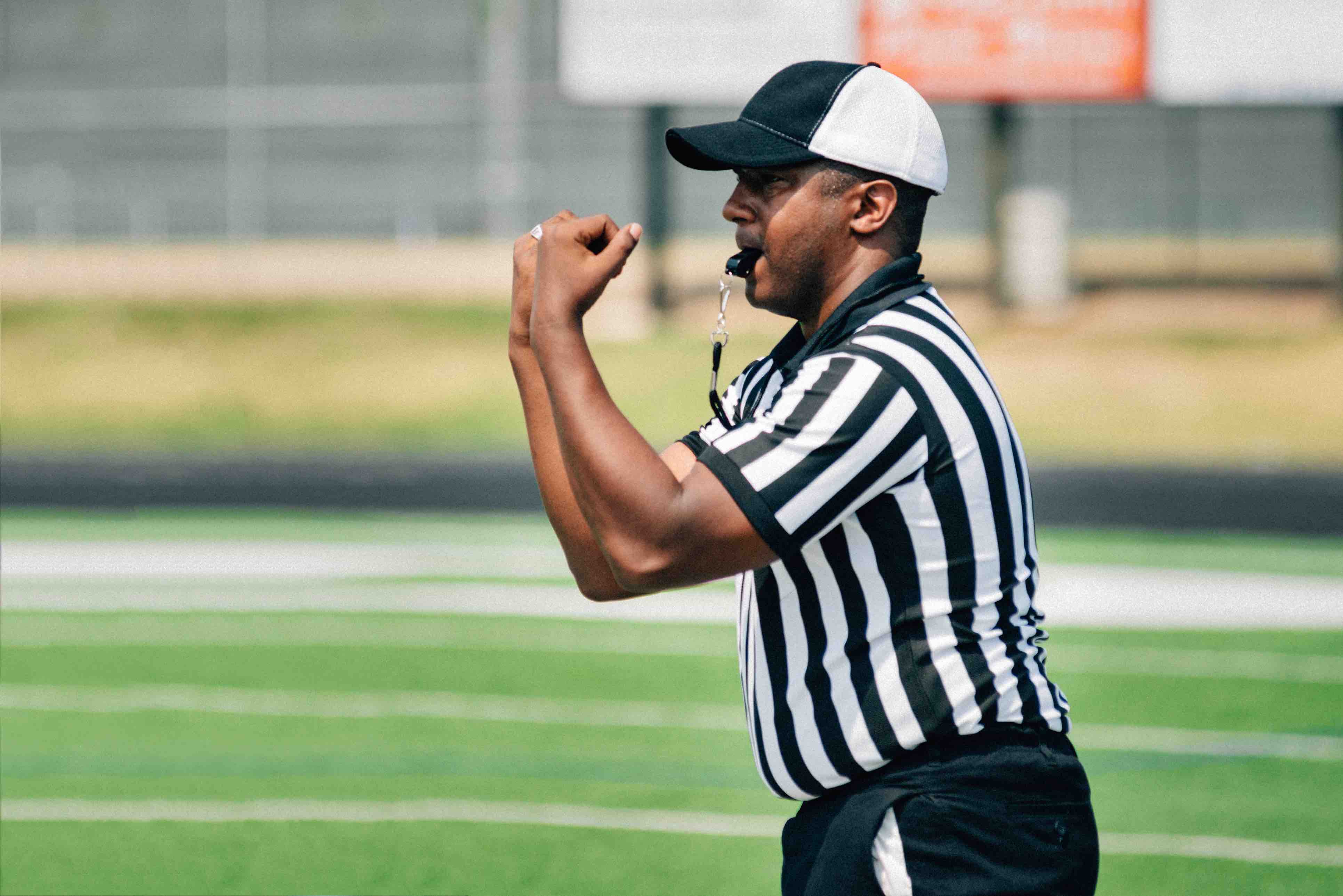
The Important Role that Officials Play in Sport
Sport for Life and many sport partners recognize the important role that officials play in sport. This means the recruitment, development and retention of officials must be built into the long-range planning of each sport organization. While many organizations are addressing the need to provide a positive…
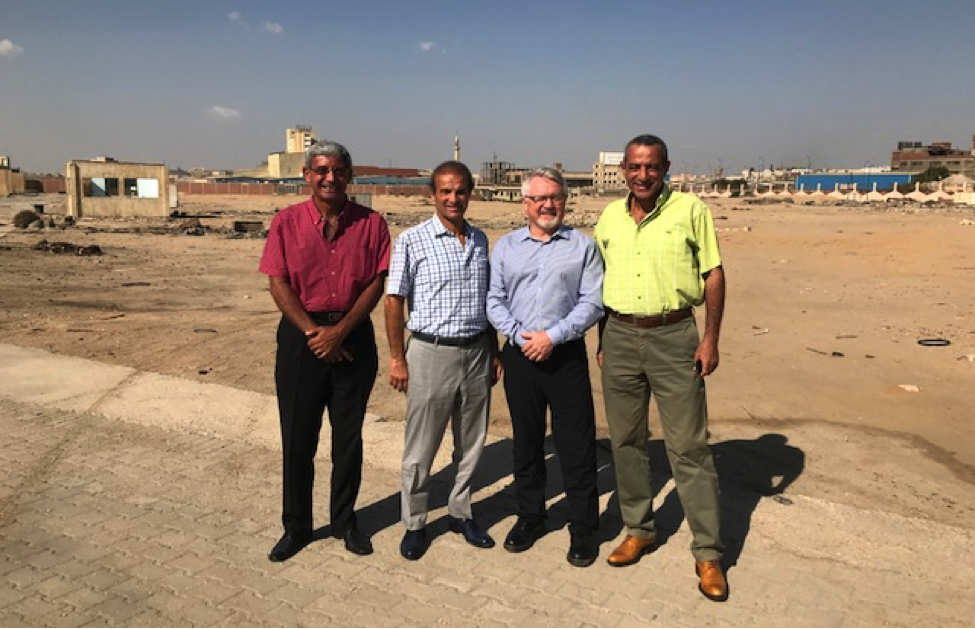
Cairo Sport Academy
In October 2017, Sport for Life formally began working with Karim Ghabbour, CEO of Egyptian manufacturing company MCV, his project managers to advance Karim's vision for a world-class sport academy located outside of Cairo. Basing our work on the principles of Long-Term Athlete Development, we began…

Elder Alex Nelson inducted into BC Sports Hall of Fame
At an induction ceremony in Vancouver, BC on Thursday, May 31st, Alex Nelson ‘Ok’wilagame’ joined sport legends such as Terry Fox, Rick Hansen, and Pat Quinn as he was awarded the BC Sports Hall of Fame’s W.A.C. Bennett Award for his outstanding contribution and leadership in sport. The W.A.C.…

Minister Kirsty Duncan’s Announcement Advances Quality Sport
The Honourable Kirsty Duncan, Minister of Science and Minister of Sport and Persons with Disabilities, is committed to removing harassment, abuse, and discrimination from the Canadian sport system. In her recent announcement, Minister Duncan outlined stronger measures to ensure all Canadians have the…
